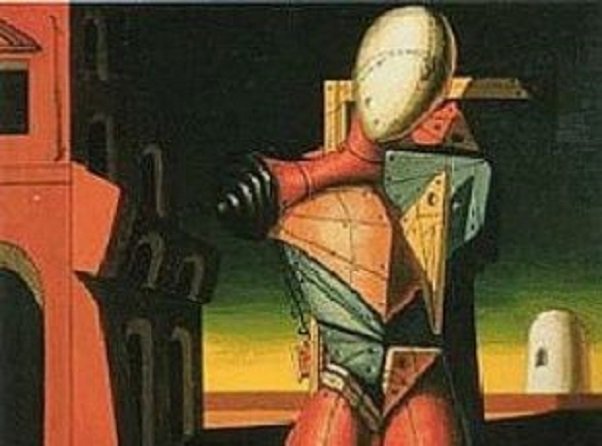Some thoughts about the psychodynamic theory of personality. /part 7/
Jung, however, believes that these expectations mean that we have only developed half of our potential. Self-sufficiency is the very core of the person around whom the other elements are organized. The main purpose of human life. Unlike Freud, who attaches great importance to the early years of man's life to shape patterns of behavior, in Jung, personality development is seen as a dynamic system as evolution throughout life. He barely stops socializing in his childhood.
From the point of view of Jung, man is constantly acquiring new skills, reaching new goals, and realizing. The development of every person and their realization is unique, continues throughout life and is called by Jung Individuality. As a result of the direction and unity of its components. The realization of individualisation he calls self-actualization. The ultimate goal of human life is to achieve the full realization of the Ego, ie transforming the human being into a single, unique and comprehensive one. In this respect, everyone's development is unique in the sense of his work. It continues throughout his life. In their final expression, individuality presupposes the conscious realization of the unique personal, psychic organization. Yung also abhors the principles
. There are three of them: the principle of opposites, (e.g. good and evil ; which in his opinion creates the libido /, the equivalence of entropy. But if one pretends to have no evil in him, if he denies and suppresses it, the energy becomes complex. Or if a man denies his emotional side, his emotion can be found in the archetype anima, and so on. If it lasts too long, the complex can obscure the person and lead him to a split of personality. Conversely, the process of rising above the opposites, of the awareness of the two countries we are, is called transcendence. Our vital goal is to realize ourselves. It is an archetype that presents the transcendence of all opposites so that every aspect of your personality is expressed to the same degree.
Jung develops a typology of personality. It starts with a distinction between extraversion and introversion. Introverters are people who prefer their inner world of thoughts, feelings, fantasies, dreams, etc., while extraverts - the outer world of things, people and actions. For Jung, they depend on whether you / your ego turn more to personality and outer reality or to the collective unconscious and its archetypes. In this sense, the introvert is more mature than the extraversion. No matter what our type is, we all need a connection with both the outer world and the inner world. And each of us has its own way of achieving this. Jung calls these modes functions. The first is the feeling: extracting information through the senses.

To listen to the audio version of this article click on the play image.

Brought to you by @tts. If you find it useful please consider upvoting this reply.